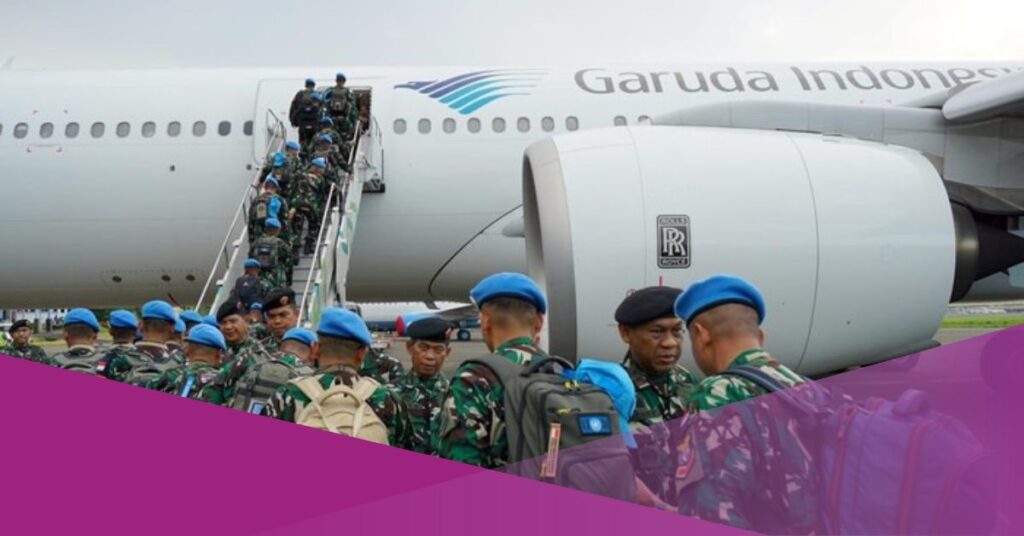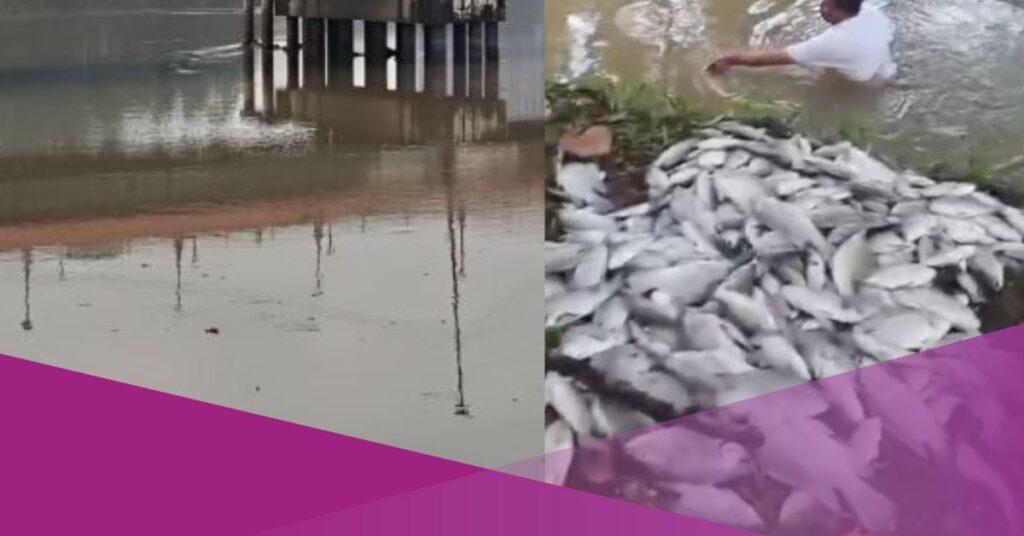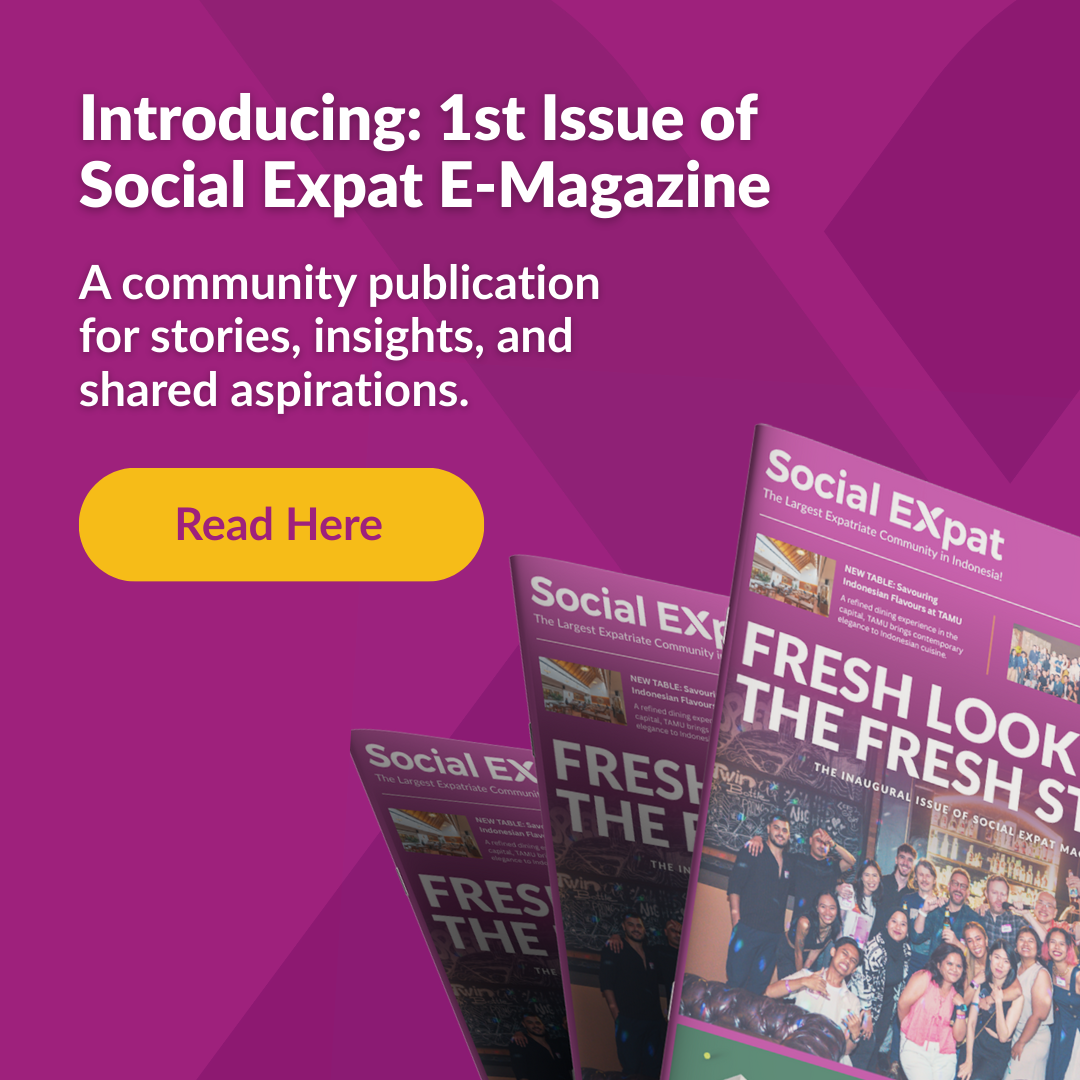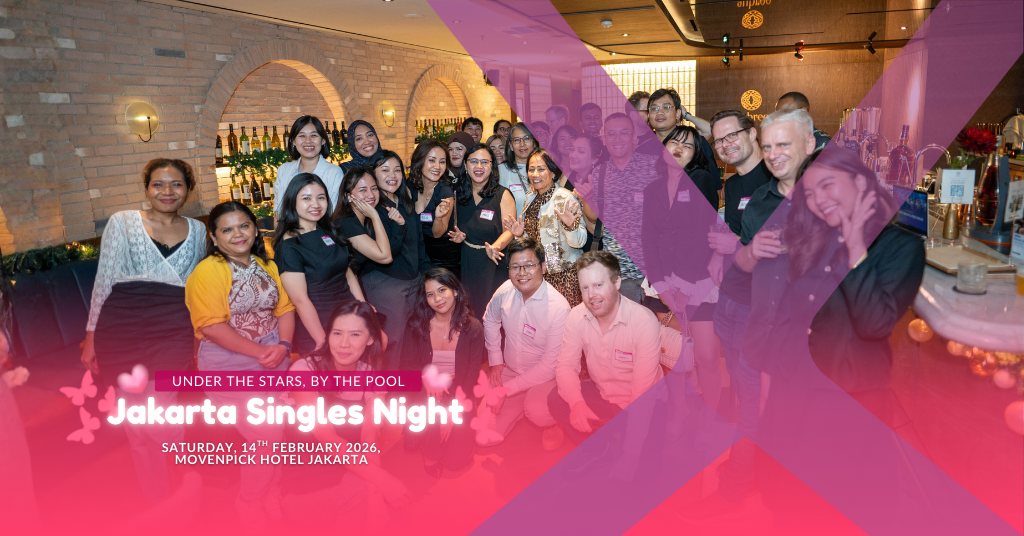With its rapidly growing economy and diverse job opportunities, Indonesia has become an appealing destination for expats looking for work. However, navigating expat jobs market can be difficult, especially for expats unfamiliar with local customs and business practices. A comprehensive guide tailored specifically to expats looking for work in Indonesia is essential.
This guide aims to provide a wealth of information and practical advice on how to work successfully as an expat in Indonesia. This guide will be a valuable resource for expats looking to make a smooth transition to working in Indonesia, from understanding work permit requirements to finding job opportunities.
Introduction
A brief overview of Indonesia’s job market for expats
The expat jobs market in Indonesia is diverse, with industries such as oil and gas, mining, finance, manufacturing, hospitality, tourism, information technology, and telecommunications requiring skilled foreign workers. Work permits and visas are challenging to obtain, and expats must understand Indonesian immigration laws.
Knowledge of the official language, Bahasa Indonesia, is advantageous. Building relationships and understanding local customs are cultural considerations for successful integration and career advancement. Salaries vary according to industry, position, and experience, but expats frequently receive competitive pay packages.
Importance of understanding the job market before seeking employment
Before looking for work, it is essential to understand the job market, especially expat jobs in Indonesia. It assists in identifying opportunities, customising your application, networking with industry players, and establishing connections. It also assists you in comprehending salary expectations, cultural fit, and adaptability.
You can make more informed decisions, increase your chances of success, and navigate the job search process more effectively if you research the market. You can increase your chances of finding suitable employment by positioning yourself as a strong candidate and setting realistic expectations for your career goals.
Researching the Job Market in Indonesia
Overview of major industries and sectors in Indonesia
When researching the Indonesian job market, especially for expat jobs, it is important to comprehend the major industries and sectors that drive the country’s economy. The Indonesian economy is diverse, with sectors such as manufacturing, agriculture, mining, tourism, finance, information technology, and others. Thorough research on each industry will provide valuable insights into the current state of the job market, potential growth, and key players in the respective sectors.
Analysing job trends and demand in specific industries
It is essential to analyse job trends and demand in specific industries in order to effectively research the Indonesian job market. This entails investigating factors such as the industry’s growth rate, the demand for specific skill sets, and the availability of job openings.
Using online job boards, industry reports, and government statistics can assist in determining which industries are experiencing rapid job growth and where opportunities may exist. This analysis will allow job seekers to match their skills and interests with industries that offer promising career opportunities.
Identifying job opportunities for expats in targeted industries
Researching job opportunities in targeted industries is vital for expatriates interested in working in Indonesia. Expats frequently bring unique skills and expertise that are in high demand in certain industries. Expats can increase their chances of finding suitable employment by focusing on industries that value international experience and qualifications.
Networking with professionals in the desired industries, attending industry-specific events, and participating in online expat communities can all provide useful insights and connections to potential job opportunities.
Understanding the Work Culture in Indonesia
Cultural norms and expectations in the workplace
Understanding cultural norms and expectations in the workplace is critical for understanding Indonesian work culture. Respect, politeness, and maintaining harmonious relationships are highly valued in Indonesian society. This is also reflected in the workplace. Employees in Indonesia tend to respect authority figures and value hierarchical structures.
Punctuality is highly valued in Indonesian work culture, and it is critical to arrive on time for meetings and appointments. Furthermore, maintaining a professional and formal demeanour is essential. Dressing correctly, using formal language, and exhibiting good manners are all important aspects of Indonesian workplace culture.
Importance of building relationships and networking
Building relationships and networking are important aspects of the Indonesian work culture. Before engaging in business transactions, Indonesians place a high value on personal connections and building trust. It is thought that taking the time to establish personal relationships and socialise with colleagues and clients is critical for successful professional interactions.
Collectivism is valued in Indonesian work culture, and decisions are frequently made based on consensus and group harmony. As a result, developing relationships in the workplace promotes a sense of teamwork and cooperation. In the Indonesian work culture, networking events, social gatherings, and sharing meals together are common practices for building and maintaining relationships.
Navigating hierarchy and communication styles
Hierarchy is essential for effective communication in Indonesian work culture. The workplace has a clear chain of command and respect for authority, with seniority and age playing important roles in decision-making. For sensitive issues, communication styles are indirect and nuanced, with polite and indirect language used. Avoid direct confrontation or criticism to save face and maintain harmony. Understanding the organisational culture and hierarchical relationships is critical for effective communication.
Tailoring Your Resume and Cover Letter to Indonesian Employers
Addressing language and formatting considerations, highlighting relevant skills and experiences, and demonstrating cultural adaptability and cross-cultural competencies are all part of tailoring your resume and cover letter to Indonesian employers. Maintain a clean, well-organized layout and a formal tone.
Consider translating your resume into Bahasa Indonesia. Highlight achievements and results, quantify accomplishments, and demonstrate your ability to collaborate effectively with diverse individuals. In addition, emphasise language skills, particularly if you are fluent in Bahasa Indonesia or local dialects, to demonstrate your commitment to understanding and assimilating into Indonesian society.
Job Search Strategies
An effective job search strategy is to use online job portals and recruitment agencies. These websites collect job postings from a variety of companies and industries, and they provide advanced search filters and tools. Recruitment agencies match job seekers with employers while also offering guidance and support. Job seekers can meet recruiters, learn about job openings, and submit resumes by attending job fairs and networking events.
Personal connections and referrals can also help with job searches because they demonstrate trust and credibility. Professional networking sites such as LinkedIn can assist in expanding one’s network.
Job Interviewing in Indonesia
Job interviews in Indonesia are formal and expected to be professional. Candidates who dress professionally, are punctual, maintain a respectful demeanour, research the company, and prepare for cultural and behavioural interview questions are more likely to succeed. Teamwork, respect for authority, adaptability and flexibility, and a problem-solving approach are all emphasised.
It is critical to demonstrate cultural sensitivity and adaptability during the interview process, and strategies include nonverbal communication, cross-cultural experiences, language skills, and cultural norm awareness. Candidates can improve their chances of success in a job interview in Indonesia by understanding common interview practises, preparing for cultural and behavioural questions, and demonstrating cultural sensitivity and adaptability.
Negotiating Salary and Benefits
To negotiate fair and competitive compensation, research average salaries and benefits in your industry and gather relevant data online. Develop negotiation strategies such as knowing your worth, setting clear goals, building a strong case, timing, effective communication, exploring non-monetary benefits, and understanding local labour laws and regulations. Investigate your abilities, qualifications, and experience, and be confident in emphasising your distinct value proposition.
Prepare to make concessions in some areas while advocating for others. Non-monetary benefits such as healthcare, retirement plans, vacation time, professional development opportunities, and flexible work arrangements should be considered. Finally, familiarise yourself with local labour laws and regulations to ensure compliance and fairness during the bargaining process.
Work Permits and Visas for Expats
Work permit requirements for having jobs in Indonesia are critical for expatriates planning to work in the country. Expats must have a sponsoring employer who initiates the application process and submits the necessary documentation in order to apply. The Ministry of Manpower is responsible for issuing work permits for expat jobs. The government prioritises the employment of local residents.
Expatriates must also obtain a visa, such as a Temporary Stay Permit (KITAS) or a limited-term variant of the KITAS. The sponsoring employer must apply to the Directorate General of Immigration for a Telex Visa Authorization, and expats must follow the application requirements and provide all necessary documentation.
For expats working in Indonesia, compliance with immigration regulations is critical. To ensure compliance, they must maintain valid documentation, notify authorities of job changes, and seek professional assistance.
For more details or if you need assistance to process your work permits for having jobs in Indonesia, you can reach out to our partner LetsMoveIndonesia.
Conclusion
To summarise, navigating the market of expat jobs in Indonesia can be a complex process, but with the right guidance and understanding of work permit requirements, visa application procedures, and immigration regulations, it becomes more manageable. Expats can improve their chances of finding suitable employment opportunities in Indonesia and embarking on a successful career journey in the country by following the steps outlined and seeking professional assistance when necessary.
Check out these articles for more insights into the Indonesian business:




































